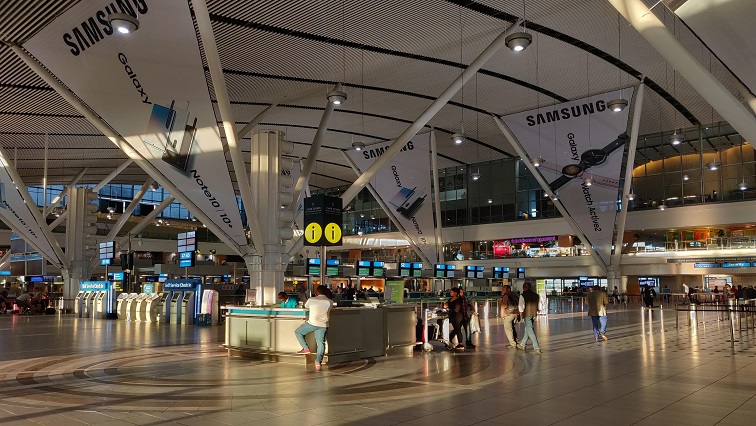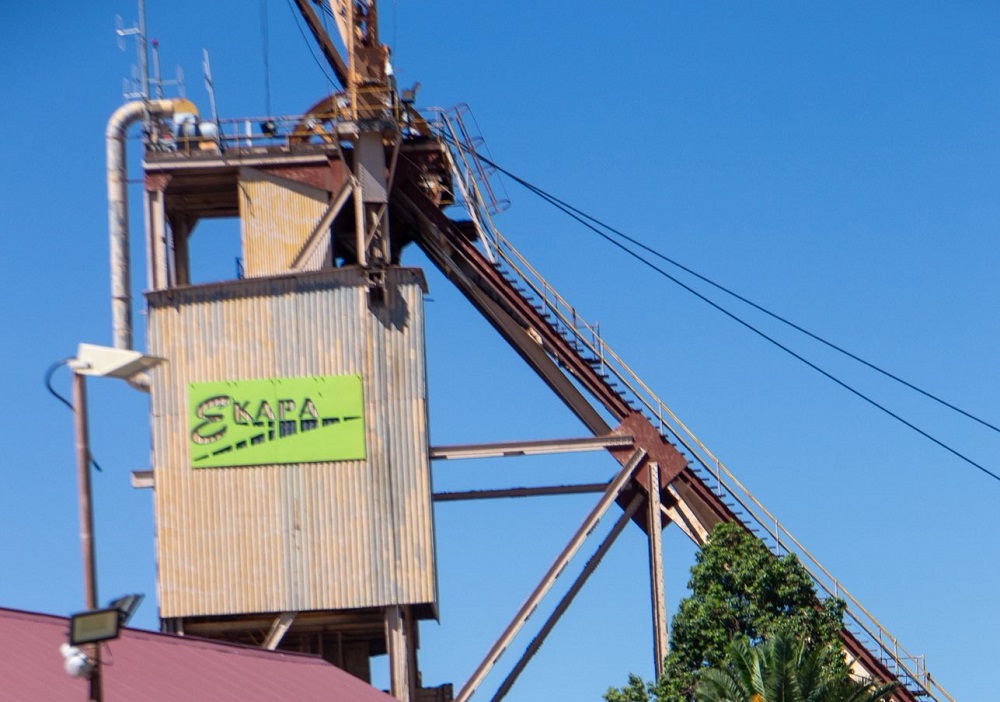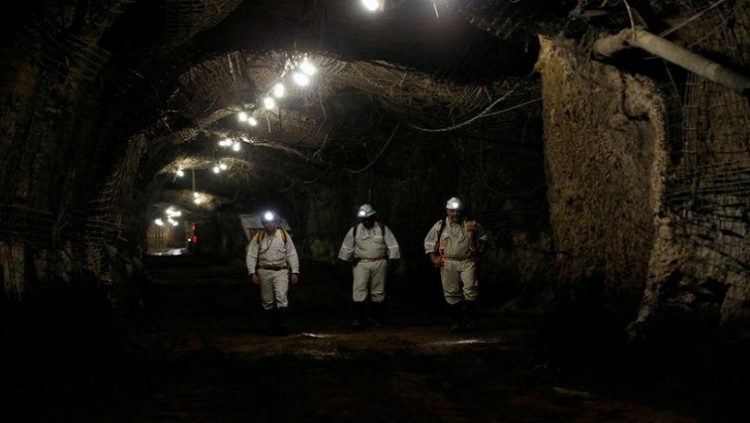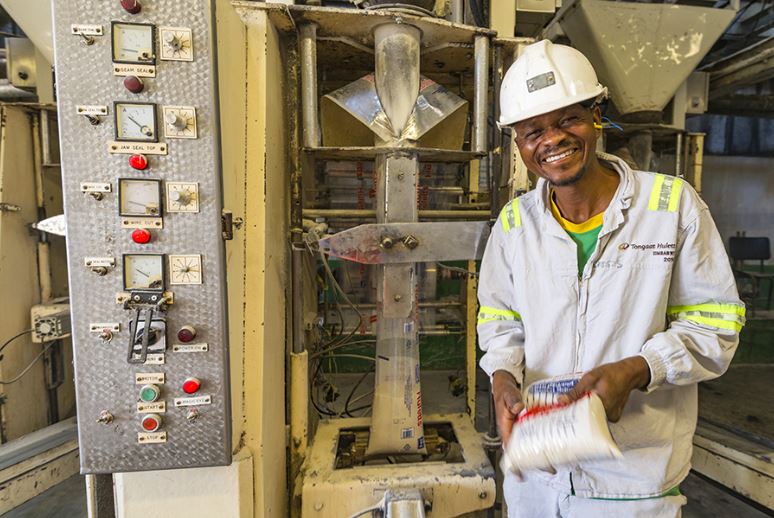-
Lesotho textile factory.
The future of Lesotho’s textile industry remains uncertain after the United States reduced the country’s reciprocal tariff rate to 15%. Last week, President Donald Trump reduced the tariffs from the 50% he had threatened to impose in April.
The textiles sector is Lesotho’s leading export industry and was heavily dependent on the Africa Growth and Opportunity Act (AGOA), which grants qualifying African nations duty-free access to US markets.
Lesotho has been given a revised tariff rate of 15%, as the nation continues to bear the brunt of the 50% tariffs that the US administration had threatened to implement in April. As a result, many US importers cancelled orders for Lesotho-produced textiles, which led to the loss of many jobs.
Despite the drastic tariff decrease, Lesotho’s Trade Minister, Mokhethi Shelile has expressed concern over the future of the textile industry.
“We have two countries that are going to be giving us a run for the money, eSwatini and Kenya. They both have ten percent [tariffs], and they are in the same market as us. It will be quite easy for the buyers to switch their allegiance to these two countries and place others in these two countries. We have close to 12 000 jobs in the direct firing line because of this tariff. An additional 40 000 people depend on these 12 000 jobs.”
Lesotho Chamber of Commerce CEO Fako Hakane expresses deep concern about the tariffs imposed on the Mountain Kingdom.
“Everybody is worried for the simple reason that the transport association, accommodation, everybody is going to suffer.”
An entrepreneur in Lesotho, Phafane Nkotsi believes the government should not panic when dealing with the tariff issue,
“I was not too pleased by our quick reaction to this 15 per cent, it presented an opportunity for Lesotho. I think the Industrial Development Corporation and the Minister of Trade should have sat down and strategised.”
Economic analyst Thabo Qhesi echoes the concerns, saying the revised rate has done little to revive the sector.
“The buyers have stopped, cancelled placing orders emanating from Lesotho. So this says as we speak now, most workers are at home, they were put on short time, you know. It means the 15% hasn’t made a difference because the orders are not coming in. The US market was very big and was paying very well, you know, in dollars. Factories here were able to make a huge profit because once you import raw materials for export purposes, you don’t pay duties. This means the factories were making huge savings, starting from securing the raw materials.”
Some of the workers in Lesotho discuss their experiences.
“I now have a big problem because the money that I was making is not there anymore. I was earning between R2 900 and R3 000. Now, I don’t have it, it’s now month end and I am just here at home, and there is no income coming in. It is all quiet.”
“I wish there could be something for us like job opportunities so we can achieve our dreams or our goals, something apart from sitting at home. Most of the people are unemployed, and there is no light; they can’t see a future.”
“Now I’m out of a job for about a month. We are looking for a job, but it is very difficult.”
“This has affected us in a very negative way.”





